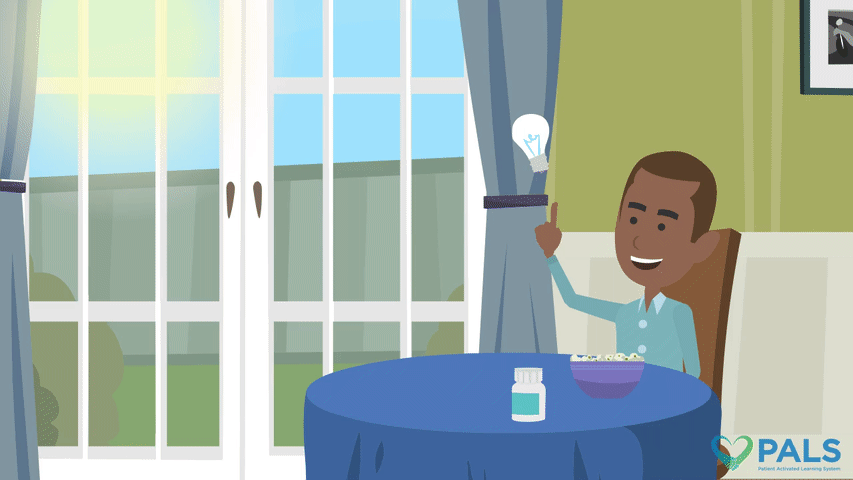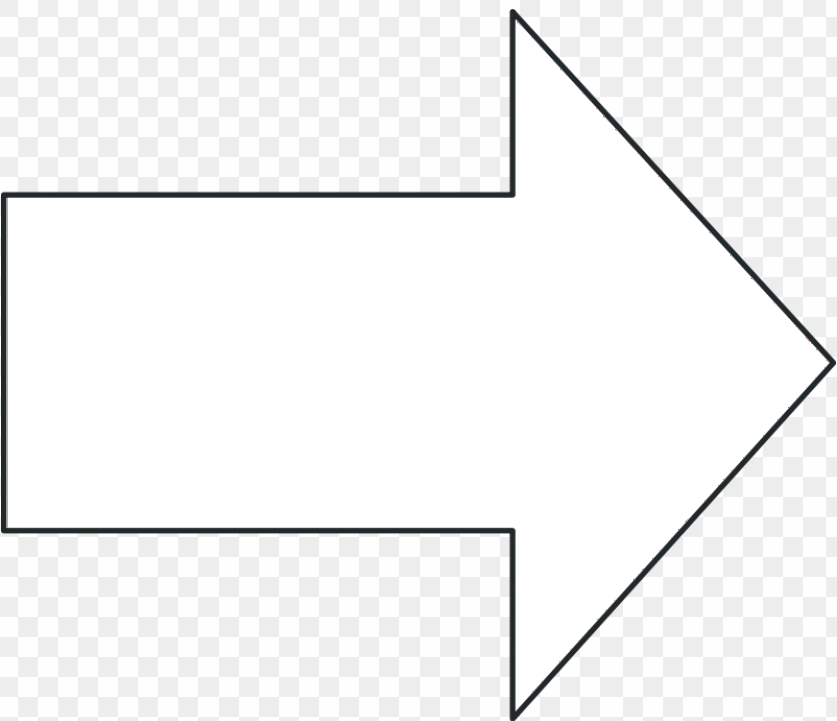A specific time of day is not specifically recommended for the administration of hydrochlorothiazide (HCTZ), just consistently taking it at the same time every day.1-5 The usual initial antihypertensive dose in adults is 25 mg daily given as a single oral dose.4 The dose may be increased to 50 mg daily, given as one dose or two divided doses.
Diuresis from HCTZ begins within two hours of oral dose.1-4 HCTZ reaches maximum bioavailability in four to six hours.1,2,4 Elimination half-life ranges from about eight to 15 hours with long-term dosing.1,4,5
Normally, blood pressure levels dip in the overnight hours. People whose levels do not dip overnight, when monitored over 24 hours, have been shown to have a higher risk of cardiovascular events.6 The morning rise in blood pressure is known to contribute to the risk of cardiac events in the first few hours after awakening.7 A 2011 Cochrane review provided limited evidence that bedtime dosing of antihypertensive therapy might achieve better blood pressure control than morning dosing, but this analysis did not include studies of hydrochlorothiazide users specifically.7
The Hygia Chronotherapy Trial compared clinical results for patients taking their antihypertensive medication upon awakening with those taking their medication at bedtime (n=19,084).8 Ambulatory blood pressure (BP) readings, sleep time BP, and cardiovascular outcomes were all improved in those taking medication at bedtime. A 45% relative reduction in cardiovascular disease (CVD) events was achieved by those consuming their blood pressure medications at bedtime compared to those taking medications upon awakening. The absolute reduction in risk was 5.4%.9
Patients in the Hygia study continued on the medications they were taking at the time of enlistment into the study.8 Approximately 69% of participants were taking angiotensin-receptor blockers ARBs) or angiotensin-converting enzyme (ACE) inhibitors as monotherapy. The most frequently prescribed dual therapy was an ARB or ACE inhibitor with a diuretic, most commonly HCTZ (43%). The authors of the Hygia study point out that there may be individual medications that do not result in better CVD outcomes when given at bedtime.
References
- Carter BL, Ernst ME, Cohen JD. Hydrochlorothiazide versus chlorthalidone: evidence supporting their interchangeability. Hypertension 2004; 43 (1): 4-9.
- Giudicelli JF, Richer C, Mattei A. Pharmacokinetics and biological effects of captopril and hydrochlorothiazide after acute and chronic administration either alone or in combination in hypertensive patients. Br J Clin Pharmacol 1987; 23 Suppl 1: 51s-63s.
- Jordo L, Johnsson G, Lundborg P, Persson BA, Regardh CG, Ronn O. Bioavailability and disposition of metoprolol and hydrochlorothiazide combined in one tablet and of separate doses of hydrochlorothiazide. Br J Clin Pharmacol 1979; 7 (6): 563-567.
- Hydrochlorothiazide [package insert]. Morgantown, WV: Mylan Pharmaceuticals, Inc.; 2011.
- Ernst ME, Carter BL, Zheng S, Grimm RH, Jr. Meta-analysis of dose-response characteristics of hydrochlorothiazide and chlorthalidone: effects on systolic blood pressure and potassium. Am J Hypertens 2010; 23 (4): 440-446.
- Mahabala C, Kamath P, Bhaskaran U, Pai ND, Pai AU. Antihypertensive therapy: nocturnal dippers and nondippers. Do we treat them differently? Vasc Health Risk Manag 2013; 9 : 125-133.
- Zhao P, Xu P, Wan C, Wang Z. Evening versus morning dosing regimen drug therapy for hypertension. Cochrane Database Syst Rev 2011; (10): CD004184.
- Hermida RC, Crespo JJ, Domínguez-Sardiña M, et al. Bedtime hypertension treatment improves cardiovascular risk reduction: the Hygia Chronotherapy Trial. Eur Heart J. October 2019.
- NEJM Journal Watch: Summaries of and commentary on original medical and scientific articles from key medical journals. https://www.jwatch.org/na50538/2019/12/26/antihypertension-medications-might-best-be-taken-night. Accessed January 24, 2020.


.png)
